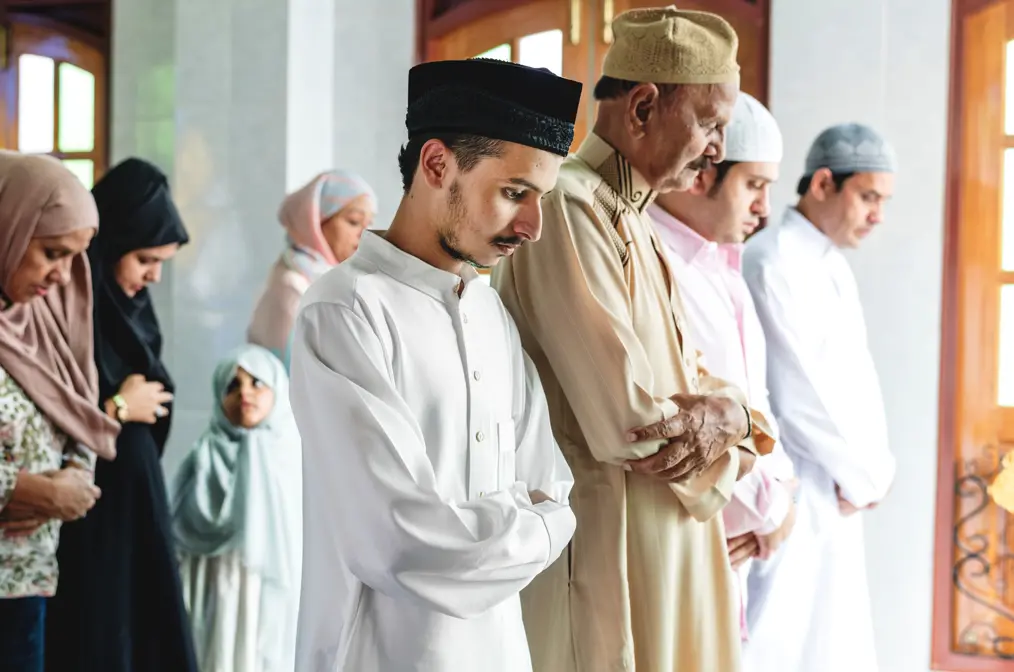Malik v. FBI, or FBI v. Fazaga, has raised concerns about religious prejudice in the U.S. and highlighted the need for greater protection of religious freedoms.
Ali Malik’s family used to host communal prayers at their home in Orange County, CA. This happened during Ramadan before a mosque was built. However, FBI informants pretending to be converts caused the Muslims to become wary and isolated after they were spied on. Malik says that as a result, they stopped gathering for prayers and became very guarded.

Recently, the U.S. government has argued that the plaintiffs’ claims of discrimination should be dismissed. The government says the plaintiffs possess secret evidence to clear the FBI of wrongdoing. The government’s argument highlights the tension between national security concerns and the protection of civil liberties.
Additionally, the Federal Bureau of Investigation (FBI) has stated that it cannot release any evidence it has. This is because disclosing sensitive and confidential national security information could be risky.
Watch the video for more on the lawsuit filed by the ACLU of Southern California.
Final Thoughts
Accordingly, the plaintiffs in the case do not need secret evidence to prove their point. They believe the existing evidence is sufficient to show a pattern of religious discrimination by the FBI and ask that the FBI be held accountable for its actions.
Cases like Malik v. FBI highlight the difficulties in balancing national security concerns with civil liberties. Protecting citizens from threats is vital for the government. It is just as essential to maintain principles of justice and fairness. The government must be transparent about its actions and held accountable for civil liberties violations.
In conclusion, the case of Malik v. FBI raises essential questions about religious discrimination and government accountability. Civil liberties advocates have criticized the government for using secret evidence, claiming that this undermines justice and fairness. As the case progresses, it will be important to balance national security concerns and civil liberties to ensure that justice is served for all parties involved.




